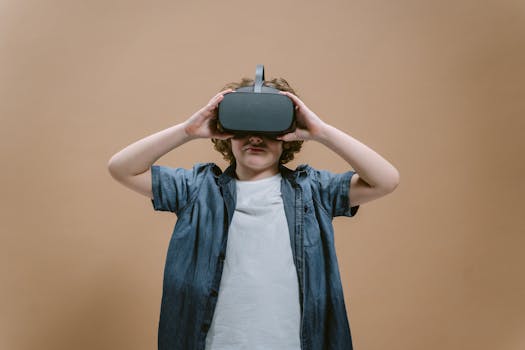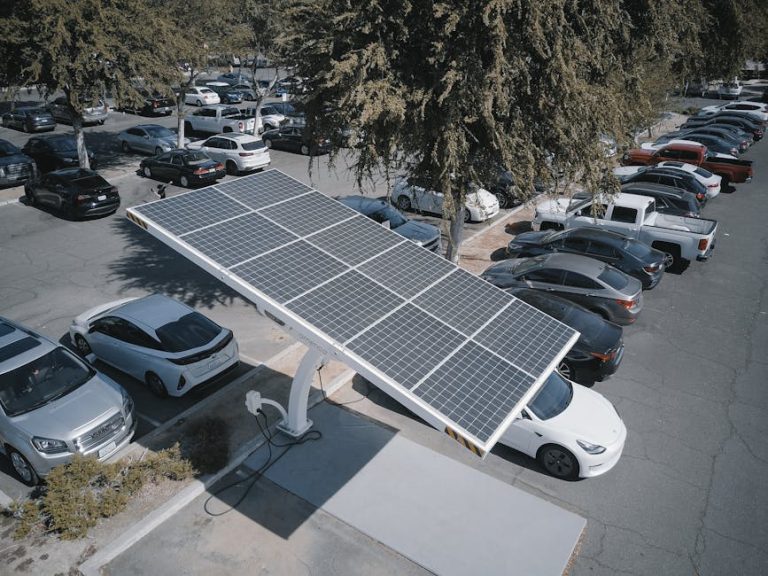
The Future of Education: What 2025 Holds
Introduction
The Future of Education: What 2025 Holds is an intriguing topic that has sparked intense debate and curiosity among educators, policymakers, and technology enthusiasts. As we navigate the complexities of the 21st century, it has become evident that the traditional education system is in dire need of reform. The integration of technology, the rise of online learning, and the shifting needs of the workforce have all contributed to a paradigm shift in the way we approach education.
Personalized Learning
Personalized learning is an educational approach that tailors the learning experience to the individual needs, abilities, and interests of each student. In 2025, we can expect to see a significant increase in the adoption of personalized learning strategies, driven by advances in artificial intelligence, machine learning, and data analytics. These technologies will enable educators to create customized learning plans, assess student performance, and identify areas where students require additional support.
Immersive Technologies
Immersive technologies, such as virtual reality (VR), augmented reality (AR), and mixed reality (MR), are revolutionizing the way we learn. In 2025, these technologies will become increasingly prevalent in educational settings, providing students with interactive, engaging, and memorable learning experiences. Immersive technologies will enable students to explore complex concepts, simulate real-world scenarios, and develop practical skills in a safe and controlled environment.
Accessibility and Inclusivity
The future of education in 2025 will also be characterized by a strong emphasis on accessibility and inclusivity. As technology continues to advance, we can expect to see a significant increase in the availability of accessible educational resources, including digital textbooks, audio descriptions, and sign language interpretation. Additionally, the rise of online learning will provide opportunities for students with disabilities, remote students, and those from disadvantaged backgrounds to access high-quality educational resources and participate in learning communities.
Conclusion
In conclusion, the future of education in 2025 holds much promise for innovation, accessibility, and personalization. As we continue to navigate the complexities of the 21st century, it is essential that we prioritize the development of educational systems that are adaptive, responsive, and equitable. By harnessing the power of technology, we can create learning experiences that are tailored to the needs of each student, foster a culture of inclusivity and accessibility, and prepare the next generation of leaders, innovators, and citizens for success in an ever-changing world.






